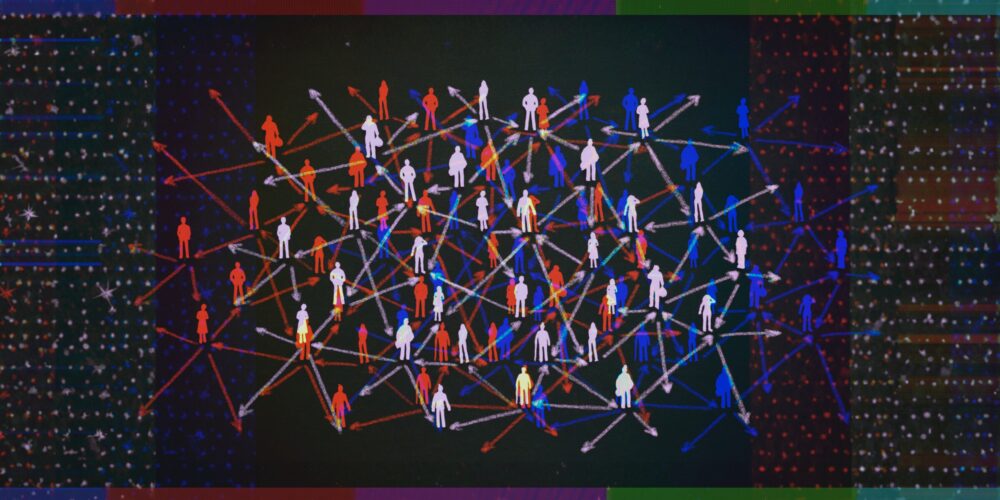
Product Management and Society Playbook
Reports & Papers
J.H. Snider, spring 2008 fellow, discusses problems with government transparency, and the feasibility of potential solutions in two papers.
Paper #1: The Dismal Politics of Legislative Transparency
The First Amendment of the U.S. Constitution prevents legislators from infringing on the freedom of the press. However, legislators have been granted monopoly control of legislative information systems, including parliamentary procedure and roll call votes. New information technology is revolutionizing legislative information systems. But elected officials have a conflict of interest in using those new technologies to enhance democratic accountability when that might conflict with their own re-election interests. This paper looks at the online accessibility of roll call votes by legislators in 126 legislative branches: the 2 branches of Congress, the 99 branches in the 50 U.S. states, and the 25 branches (city councils) in the 25 largest U.S. cities. It concludes that legislators have a conflict of interest and act on it in making roll call votes accessible.
Paper #2: Using Citizens Assemblies to Reform the Process of Democratic Reform
The Framers of the U.S. Constitution believed that to preserve and enhance democracy, elections needed to be supplemented by checks and balances. They built strong interbranch accountability mechanisms into the Constitution (e.g., separating the legislative, executive, and judicial functions of government) but were weak on intrabranch accountability mechanisms. In particular, incumbent legislators were given control over key democratic institutions of government, including district boundaries, campaign finance, and legislative information systems. This created a conflict of interest because incumbents had an incentive to design democratic institutions to enhance their own re-election rather than democracy. This paper examines three intrabranch accountability mechanisms: direct democracy, independent commissions, and citizens assemblies.


Videos

Commentary